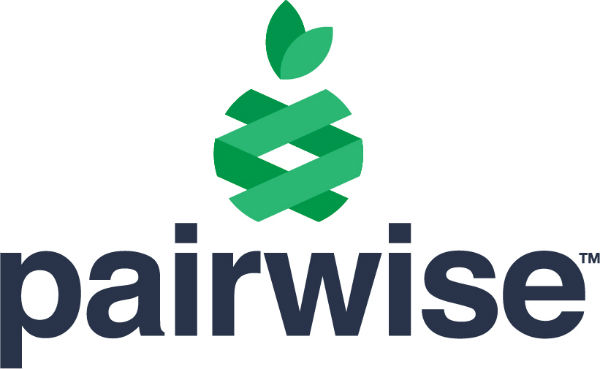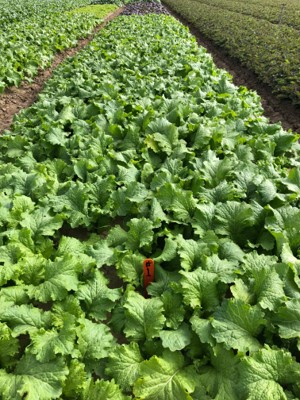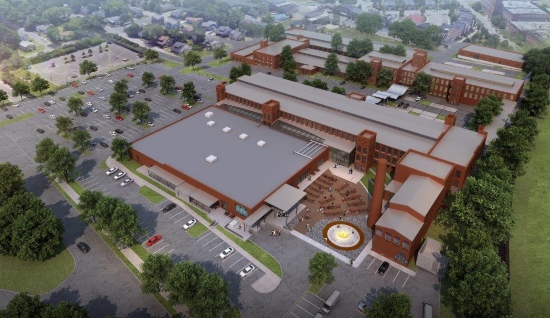
CRISPR Biotech Pairwise Pulls In $90M as First Product Nears Market

Pairwise, an agricultural biotechnology company that applies gene-editing techniques to food crops, has raised $90 million in funding as it eyes commercialization of its first product next year.
The Series B round of funding was led by Pontifax Global Food and Agriculture Technology Fund and Deerfield Management Company, an earlier investor in the startup.
“Our investment in Pairwise reflects our thematic focus on the convergence of biotechnology and agriculture and the use of CRISPR technology to improve health and nutrition in food and agriculture,” Pontifax AgTech co-founder and managing partner Ben Belldegrun said in a prepared statement. “We believe that the combination of Pairwise’s gene editing platform, plant breeding expertise, and consumer food understanding creates a powerful engine that will be a game changer.”

Durham-based Pairwise is using CRISPR to make genetic changes that improve the taste, convenience, and shelf life of foods. The company contends that addressing issues such as inconsistent flavor and short shelf life will lead to fruits and vegetables that consumers will eat, which in turn helps to reduce food waste. Out on the farm fields, the company says the technology can lead to improved yields, simplified harvesting, and a lengthening of the seasonal availability of crops.
The Pairwise research includes new varieties of leafy greens, berries, and cherries. The company said it expects to launch its first product from that pipeline in 2022.
“People see innovation all around them, except in the produce aisle,” Pairwise CEO Tom Adams said in a prepared statement. “We will give consumers new options that make healthy eating easier and more exciting.”
The Pairwise crop trait development platform is based on gene-editing technology licensed from Massachusetts General Hospital (MGH) and the Broad Institute of MIT and Harvard. The company’s founders include Feng Zhang of the Broad Institute; David Liu, a Harvard professor of chemistry and chemical biology; and J. Keith Joung, a pathologist at MGH and a professor of pathology at Harvard Medical School.
In 2018, Pairwise unveiled $25 million in Series A financing. Along with the new cash, the company also announced a deal with the crop science division of German pharmaceuticals and agriculture giant Bayer. That $100 million R&D pact is applying the gene-editing technology to corn, soybeans, wheat, canola, and cotton. Pairwise said Wednesday that this research is continuing with potential applications addressing productivity, diseases, weather needs, and other factors that are critical to row crops.

Pairwise initially maintained operations in San Diego. Months after its 2018 financing, the startup established its headquarters in Durham, a move facilitated by the North Carolina Biotechnology Center. Pairwise is located on the Golden Belt campus, a 320,000 square-foot site that was once a hub of textile and tobacco operations. The company, which employs about 100, also has a research site in Research Triangle Park.
Pontifax, which manages $471 million in assets, is no stranger to putting money into North Carolina food and agtech companies. It has previously invested in Precision Bioscience and FoodlogiQ, both Durham companies.
The new funding announced Wednesday added another new investor in Temasek, an investment company headquartered in Singapore. Earlier investor Leaps by Bayer, the strategic investment arm of Bayer, also joined in the financing.
